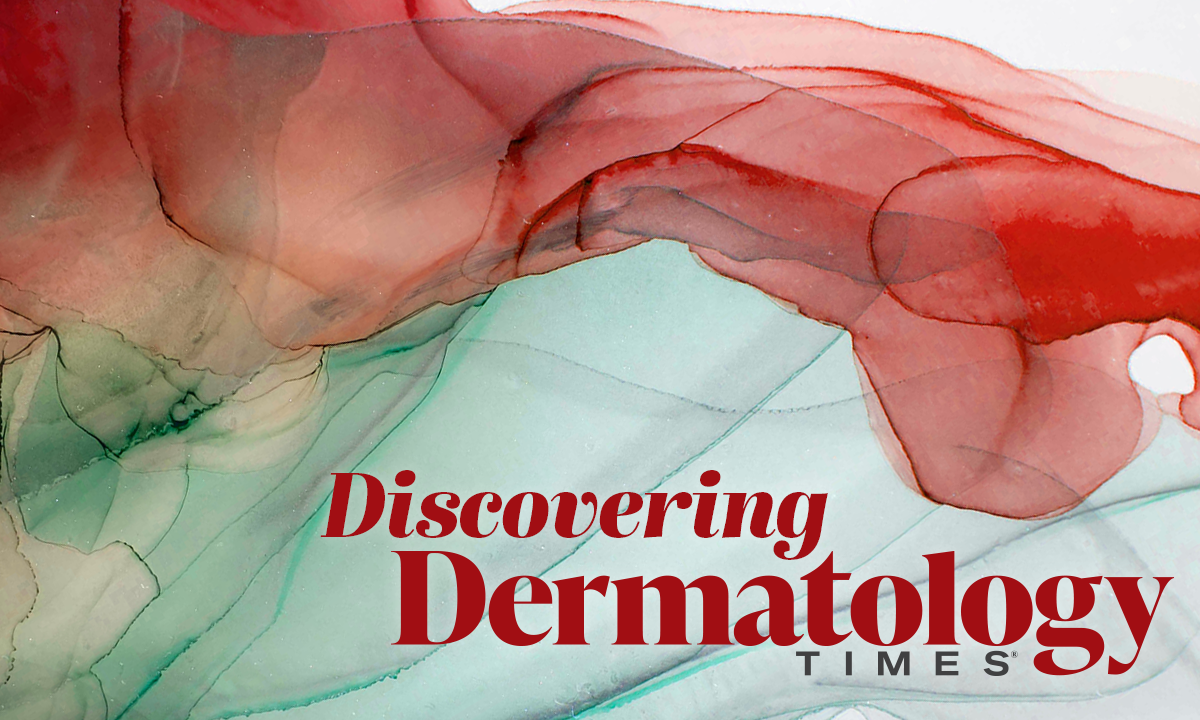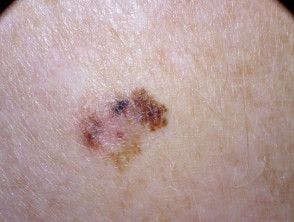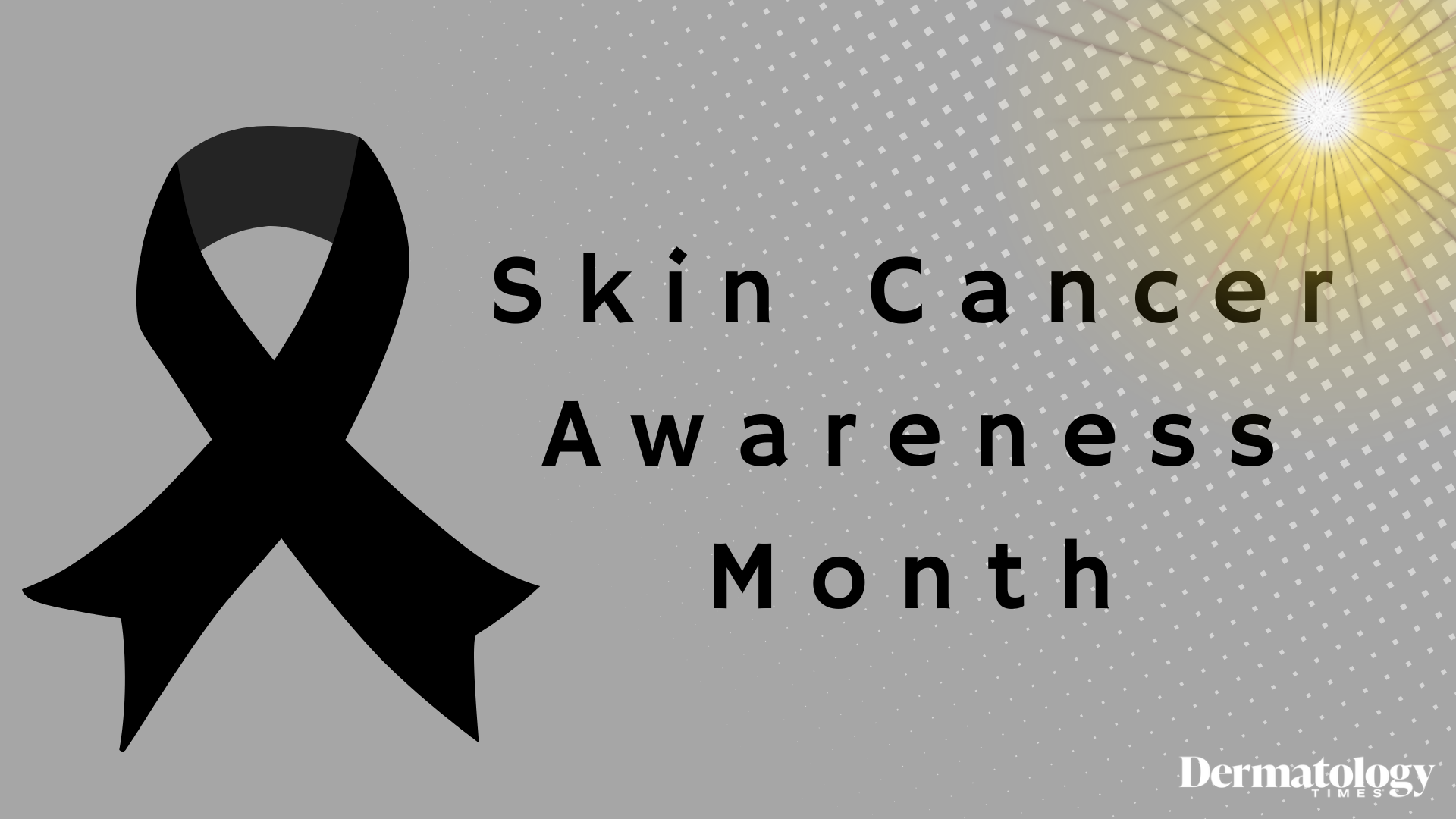- Acne
- Actinic Keratosis
- Aesthetics
- Alopecia
- Atopic Dermatitis
- Buy-and-Bill
- COVID-19
- Case-Based Roundtable
- Chronic Hand Eczema
- Chronic Spontaneous Urticaria
- Drug Watch
- Eczema
- General Dermatology
- Hidradenitis Suppurativa
- Melasma
- NP and PA
- Pediatric Dermatology
- Pigmentary Disorders
- Practice Management
- Precision Medicine and Biologics
- Prurigo Nodularis
- Psoriasis
- Psoriatic Arthritis
- Rare Disease
- Rosacea
- Skin Cancer
- Vitiligo
- Wound Care
News
Article
Dermatology Times
Journal Digest: May 3
Author(s):
This week’s collection of the latest dermatologic studies includes social determinants of health in HS, JNJ-77242113 for moderate to severe plaque psoriasis, sonidegib for locally advanced and metastatic BCC, and pembrolizumab in combination with chemoradiotherapy for locally advanced HNSCC.

Journal of the European Academy of Dermatology and Venerology: Understanding Disparities in Hidradenitis Suppurativa Through Social and Structural Determinants of Health
Polaskey and Chovatiya’s study took a closer look at hidradenitis suppurativa (HS) by considering its prevalence, presentation patterns, and underlying determinants. Despite established phenotypic classifications, there has been no significant correlation to involved genes, mutations, protein alteration, or signaling disruption. The lack of phenotype-to-genotype correlation raises concerns about how HS presentation is influenced by social and structural determinants of health. Regional disparities in HS prevalence, particularly notable among ethnic groups, suggest broader influences beyond genetics. Factors such as economic stability, education, healthcare access, neighborhood environments, and societal values significantly impact HS outcomes. According to the study authors, addressing these determinants is needed to mitigate disparities and enhance patient care.1
New England Journal of Medicine: An Oral Interleukin-23–Receptor Antagonist Peptide for Plaque Psoriasis
This FRONTIER 1 phase 2 trial (NCT05223868) investigated the efficacy of orally administered JNJ-77242113, an interleukin-23 receptor antagonist peptide, in patients with moderate to severe plaque psoriasis. Across various dosages, JNJ-77242113 demonstrated significant improvement compared to placebo, with a notable dose-response relationship. Patients receiving JNJ-77242113 exhibited higher rates of PASI 75 response at week 16, indicating a substantial reduction in psoriasis severity. Adverse events were generally mild, with no dose-related increase observed. According to Bissonnette et al, these phase 2 results suggest promising potential for JNJ-77242113 as a novel treatment option for psoriasis, offering convenience over traditional injection-based therapies.2
PLOS ONE: Hedgehog Pathway Inhibitors for Locally Advanced and Metastatic Basal Cell Carcinoma: A Real-World Single-Center Retrospective Review
Patel et al’s retrospective study evaluated the efficacy and safety of hedgehog inhibitors (HHIs) in patients with locally advanced and metastatic basal cell carcinoma. Real-world data from 60 patients showed a 62% response rate and prolonged progression-free survival, with no significant difference between vismodegib and sonidegib. Sonidegib was better tolerated, with fewer dose adjustments and lower discontinuation rates compared to vismodegib. Calcium and CoQ10 supplementation correlated with reduced dose reductions due to HHI-associated muscle spasms. According to Patel et al, their study demonstrates sonidegib can be a potentially preferable option and suggests supplementation to mitigate adverse effects, therefore improving long-term treatment adherence and efficacy.3
The Lancet Oncology: Pembrolizumab Plus Concurrent Chemoradiotherapy Versus Placebo Plus Concurrent Chemoradiotherapy in Patients With Locally Advanced Squamous Cell Carcinoma of the Head and Neck (KEYNOTE-412): A Randomised, Double-Blind, Phase 3 Trial
The phase 3 KEYNOTE-412 trial (NCT03040999) evaluated pembrolizumab in combination with chemoradiotherapy for locally advanced head and neck squamous cell carcinoma (HNSCC). Overall, the addition of pembrolizumab did not significantly improve event-free survival compared to chemoradiotherapy alone. Of the 804 patients, median event-free survival was not reached in the pembrolizumab group versus 46.6 months in the placebo group. Adverse events were common in both groups, with serious adverse events more frequent in the pembrolizumab group. While no new safety concerns arose, the study highlights the ongoing challenge of treating locally advanced HNSCC, emphasizing the need for improved therapeutic strategies, according to Machiels et al.4
What new studies have you published? Share with us by emailing DTEditor@mmhgroup.com.
References
- Polaskey MT, Chovatiya R. Understanding disparities in hidradenitis suppurativa through social and structural determinants of health. JEADV Clin Pract. 2024; 1–17. https://doi.org/10.1002/jvc2.409
- Bissonnette R, Pinter A, Ferris LK, et al. An oral interleukin-23-receptor antagonist peptide for plaque psoriasis. N Engl J Med. 2024;390(6):510-521. doi:10.1056/NEJMoa2308713
- Patel S, Armbruster H, Pardo G, et al. Hedgehog pathway inhibitors for locally advanced and metastatic basal cell carcinoma: a real-world single-center retrospective review. PLoS One. 2024;19(4):e0297531. Published 2024 Apr 30. doi:10.1371/journal.pone.0297531
- Machiels JP, Tao Y, Licitra L, et al. Pembrolizumab plus concurrent chemoradiotherapy versus placebo plus concurrent chemoradiotherapy in patients with locally advanced squamous cell carcinoma of the head and neck (KEYNOTE-412): a randomised, double-blind, phase 3 trial. Lancet Oncol. 2024;25(5):572-587. doi:10.1016/S1470-2045(24)00100-1

Newsletter
Like what you’re reading? Subscribe to Dermatology Times for weekly updates on therapies, innovations, and real-world practice tips.


























